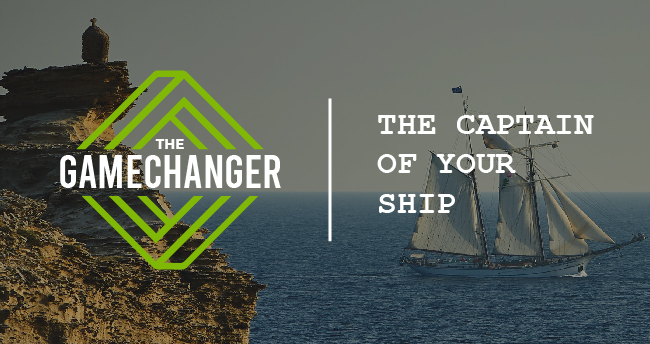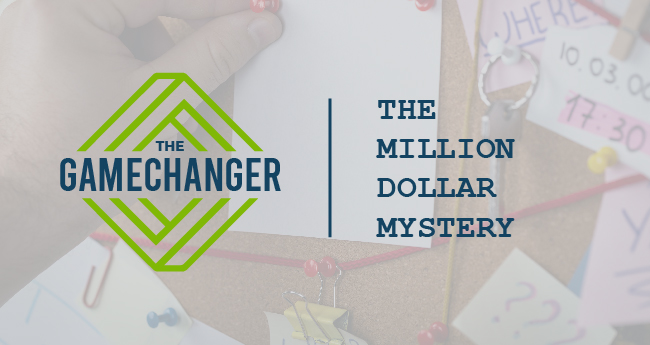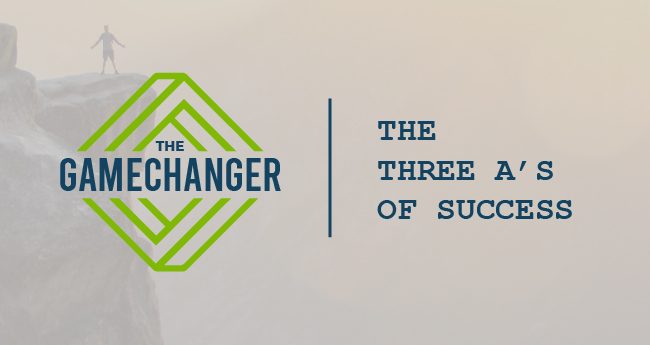“I am the captain now!” These are the famous words of the Samolli pirates who hijacked the MV Maersk Alabama, an unarmed container vessel sailing near the horn of Africa. Captain Richard Phillips had a destination in mind, he knew where he was going, but his ship was sailing in dangerous waters and as a result his voyage was interrupted and his ship was overtaken by pirates. A terrifying experience that was portrayed in the excellent film, Captain Phillips. The good news is that Captain Phillips and his crew were saved by US Forces.
Maybe you can relate. You have a direction for your life. You have a destination in mind. There is some risk. You bet on yourself, and then things don’t turn out quite how you expected. You face some resistance and all the optimism and enthusiasm that you started with disappears. You’ve been hijacked. Hijacked by whom? Maybe a better question is, hijacked by what?
Well, in many cases when we face challenges or blockades to our success, our own emotional intelligence hijacks our journey. Yes, in many cases our attitude and emotions tell us, “I am the captain now!” and prevents us from moving through the obstacle.
The good news is that there is a rescuer to free you from your captor. Who is the rescuer? Well they may be closer than they seem? The rescuer is you.
In 1954, Julian Rotter, an American Psychologist developed the concept of the locus of control. Basically it is the concept that the degree to which people believe that they, as opposed to external forces, have control over the outcome of their lives. A person’s locus is like a dial that is set to internal (a belief that one can control their own life) or external (a belief that life is controlled by outside factors that are beyond a person’s control).
A person with a dominant internal locus of control:
- Is more likely to take responsibility for their choices and actions
- Is not easily influenced by the opinions of others
- Tends to work hard to achieve what they want
- Feels confident in the face of challenges
A person with a dominant external locus of control:
- Blames outside forces or circumstances
- Doesn’t believe that they can change their situation
- Many times feel they feel helpless or powerless in difficult situations
As you can imagine, people with a dominant internal focus of control tend to find themselves in better positions in life. What about you? Does your locus of control hijack your success? Do you tend to make excuses?
Look at where you are in life. Are you happy with the results? The only way to change your locus of control is to commit to personal growth. It requires a sense of teachability and vulnerability. You control the locus of control. To turn the dial on your locus of control it requires an outside perspective.
What books are you reading? Do you have a coach? These influences help us see that we have more power over our life than we think we do.
Ultimately, the only person who can rescue you from your blockade or your hijacked mindset is you. Commit to growth and retake control of your ship. Be the captain.






